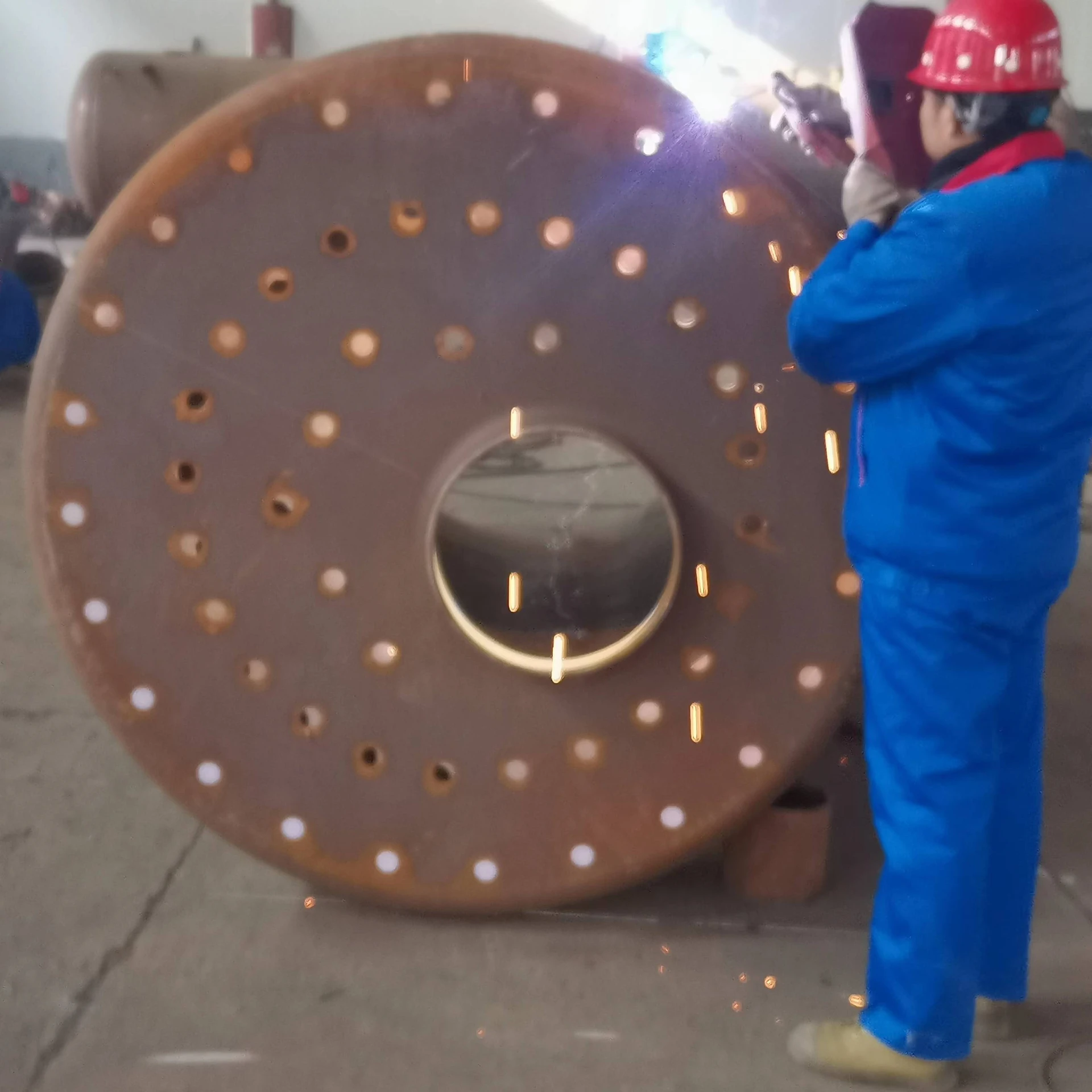
12-р сар . 23, 2024 04:56 Back to list
hot water boiler chemical treatment
Chemical Treatment of Hot Water Boilers Ensuring Efficiency and Longevity
Hot water boilers are essential components in various industries, providing heating and hot water where it is needed most. However, to ensure that these systems operate efficiently and have a long lifespan, proper chemical treatment is vital. Chemical treatment helps prevent scaling, corrosion, and other issues that can diminish performance and increase maintenance costs. This article explores the significance of chemical treatment in hot water boilers, the common challenges faced, and the methods employed to address these challenges.
Understanding the Challenges
Hot water boilers operate under high-temperature conditions, which can lead to several problems if not managed correctly. Among the most common issues are
1. Scaling This occurs when minerals, particularly calcium and magnesium, precipitate out of the water and form deposits on the heat exchange surfaces. Scaling acts as an insulator, hindering heat transfer efficiency and increasing fuel consumption, which can lead to higher operation costs.
2. Corrosion The presence of oxygen, carbon dioxide, and other corrosive substances in the water can significantly affect the integrity of boiler components. Corrosion can create leaks, reduce the lifespan of equipment, and potentially lead to catastrophic failures.
3. Biofouling Biological growth in hot water systems can disrupt operations and lead to blockages and reduced efficiency. Bacteria and other microorganisms thrive in warm environments, necessitating measures to control their growth.
The Role of Chemical Treatment
Chemical treatment involves the addition of specific chemicals to the water in hot water boilers to mitigate the aforementioned problems. Here are the most common types of treatments used
1. Scale Inhibitors These chemicals help to prevent the formation of scale by interfering with the crystallization process of minerals. By doing so, they enhance heat transfer and ensure the boiler operates efficiently.
2. Corrosion Inhibitors These compounds create a protective layer on metal surfaces, significantly reducing the rate of corrosion. They may include substances such as phosphates, polyphosphates, and nitrogen-based inhibitors.
hot water boiler chemical treatment

3. Biocides To combat biofouling, biocides are introduced into the water system to eliminate unwanted microbial growth. Regular monitoring and adjustment of these chemicals are essential to maintain optimal levels and prevent microbial resistance.
4. pH Control Agents Maintaining proper pH levels is crucial for both corrosion and scaling control. Alkalinity boosters or acid treatments can be used to stabilize the pH levels, ensuring an optimal environment for the effective functioning of other treatment chemicals.
Implementation of Chemical Treatment Programs
For effective chemical treatment, a comprehensive program must be developed. This typically includes
1. Water Analysis A detailed analysis of the water supply's chemistry is essential. Understanding the concentrations of minerals, pH levels, and the presence of dissolved gases helps to identify the necessary treatment options.
2. Customized Treatment Plans Based on the analysis, a tailored chemical treatment plan is formulated. This plan outlines the types and amounts of chemicals needed, the frequency of application, and monitoring procedures.
3. Regular Monitoring Continuous monitoring of water quality and system performance is crucial. This involves regular testing of pH, conductivity, and the presence of scale and corrosion products.
4. Training and Safety Personnel involved in the management of chemical treatments should be adequately trained. They must understand the safe handling of chemicals and the importance of following safety guidelines to protect themselves and the equipment.
Conclusion
The chemical treatment of hot water boilers is essential for maintaining efficiency, reducing downtime, and extending the service life of the equipment. By addressing challenges such as scaling, corrosion, and biofouling, organizations can ensure their hot water systems operate at peak performance. As technology and chemical formulations continue to advance, the future of chemical treatment in hot water boilers looks promising, offering safer, more effective solutions to the challenges faced by industries worldwide. Ultimately, investing in appropriate chemical treatment not only enhances operational efficiency but also leads to significant cost savings and sustainability in energy consumption.
-
How to Drain a Hot Water Boiler System Expert Step-by-Step Guide
NewsMay.15,2025
-
How Steam is Produced by Boilers Efficient Process & Key Benefits
NewsMay.15,2025
-
How to Drain a Hot Water Boiler System Safely Expert Guide
NewsMay.15,2025
-
How to Increase Steam Pressure in Boilers Expert Tips & Fixes
NewsMay.14,2025
-
Steam Boiler vs Water Boiler Efficiency, Pressure & Temperature Guide
NewsMay.14,2025
-
How to Adjust Steam Boiler Water Level Expert Tips & Safety Guide
NewsMay.13,2025
Related PRODUCTS






















